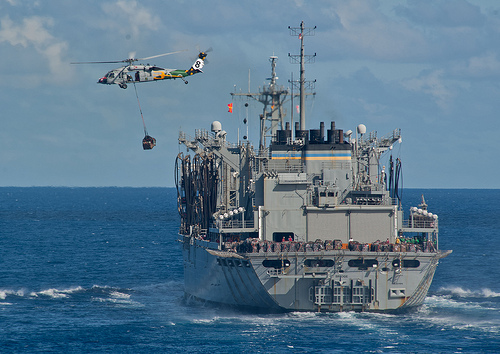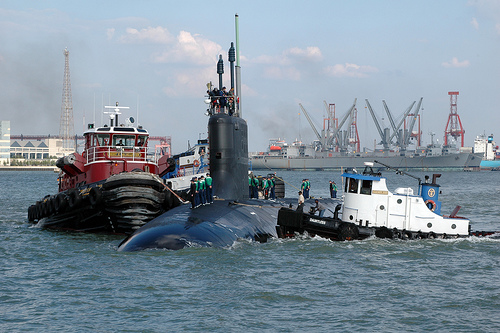A former U.S. contractor with access to classified materials has helped re-open a debate about tradeoffs between privacy and security. It was surprising, but not shocking, to learn that the Obama administration—and particularly the National Security Agency (NSA)—has been using “big data” methods to troll through the phone records of millions of American citizens. Predictably, administration officials claim that numerous (dozens?) of terrorists attacks have been thwarted by the data mining. Official spokespeople have assured U.S. citizens that NSA and FBI agents have not been snooping on the actual content of their phone calls.
The New York Times and other major newspapers are right to roundly condemn the actions of the Obama and George W. Bush administrations. Public trust in government was not running very high before these latest revelations. Politicians of both parties have been guilty of over-reach in pursuing what many conclude to be unconstitutional searches. And, although I often disagree with their substantive stances on issues, the American Civil Liberties Union (ACLU) should be applauded for pursuing these recent revelations in the judicial system.
The United States is not a weak or a failed state, but my country is struggling with public trust in our system of government. Few dispute the need for state secrets. Even so, the recent Congressional testimony of General (retired) Keith Alexander, NSA Director, adds to citizen distrust of senior officials. In weak and failed states, official half-truths and lies are commonplace. And, ominously for Americans, such lies are often justified in the name of “security.” Who doesn’t want to be more secure? On this point the libertarians have it right: Americans should be more concerned about security from government over-reach.





